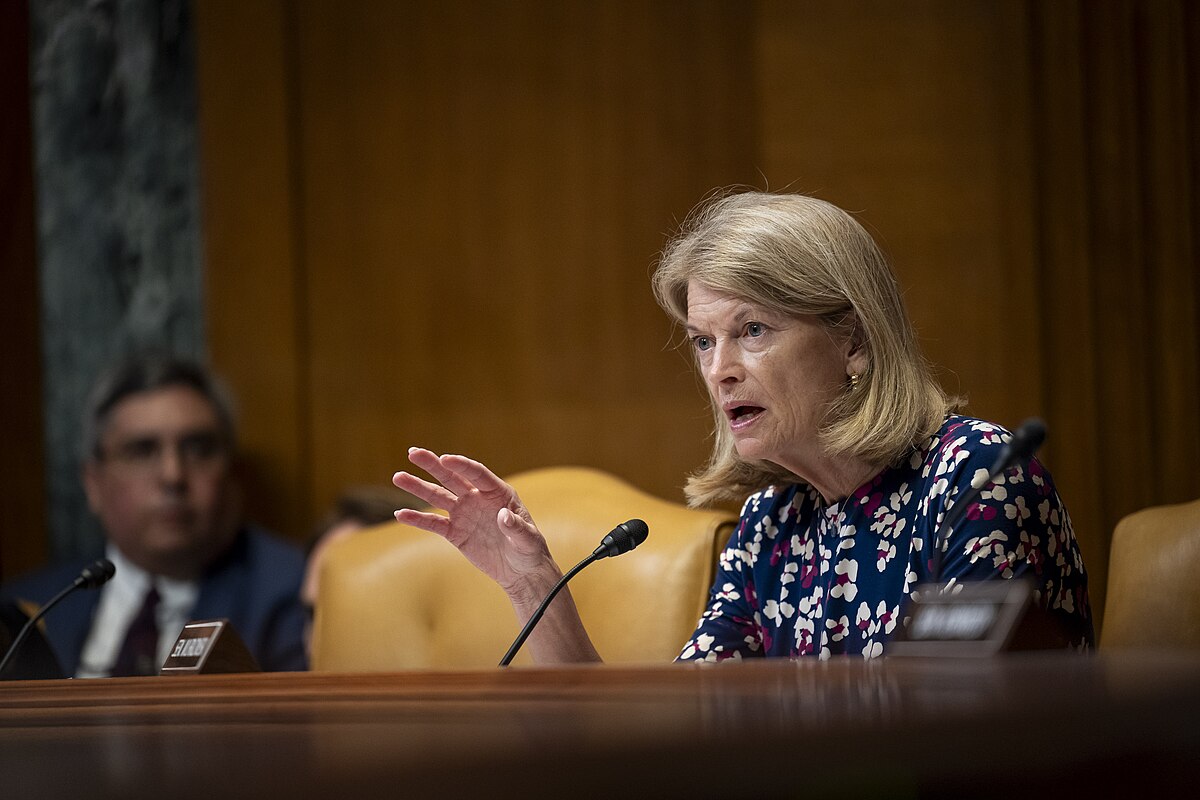Senators Question Feasibility of EPA’s New Vehicle Emissions Standards
Lawmakers questioned the feasibility of new vehicle tailpipe emissions proposals from the Environmental Protection Agency (EPA), which the agency predicts will lead to the mass adoption of electric light- and medium-duty vehicles within a decade.
The April 18 hearing was held by the Subcommittee on Clean Air, Climate and Nuclear Safety of the Senate Environment & Public Works Committee.
Subcommittee Chair Ed Markey (D-Mass.) lauded the proposals, which the EPA released on April 12.
He suggested that the new EPA standard for light-body vehicles “could be expanded upon,” saying that over $135 billion in spending last Congress was being used “to build America’s electric vehicle future.”
“Strong proposed regulations are critical to driving climate progress forward, but they are more doable than ever, thanks to the billions in clean vehicle investments passed by Congress,” Markey said.
Describing the advantages of stricter regulations, he argued that “those benefits are a bonanza of benefits to our climate, to drivers, and to our health.”
“We need to make sure they also benefit Union-American workers,” he added.
Lummis Questions Mineral Sourcing
Sens. Cynthia Lummis (R-Wyo.) and Kevin Cramer (R-N.D.) voiced skepticism regarding the EPA’s vision.
Lummis asked one expert witness, Kathy Harris of the Natural Resources Defense Council, whether focusing on tailpipe emissions alone ignored greenhouse gas emissions from the rare earth mining needed to produce electric vehicle batteries.
“There have been many studies that have shown that electric vehicles today, from well to wheel, are still cleaner than compared to a gasoline vehicle,” Harris responded.
The Wyoming senator also ran through a list of minerals used in electric vehicle batteries, pointing out that China, Indonesia, and the Democratic Republic of the Congo dominate production and downstream processing.
“Do any of these countries have anywhere near the stringent environmental regulations the United States has?”
“I cannot speak to that today,” Harris said before apologizing and correcting herself: “Not to my awareness.”
“I have a rare earth mine in my state that has been trying to open for over ten years and still doesn’t have the environmental permitting to open,” Lummis said.
A staffer for Lummis told The Epoch Times that the lawmaker had in mind the Rare Element Resources Bear Lodge Project.
“There is no way that the standards and the materials needed to produce and manufacture in the United States can happen in ten years, and to ramp up the supply even in foreign countries that have far lower environmental standards, not to mention human labor standards—this is not possible to do,” Lummis said.
‘Not Even a Consideration for Trucking’
Sen. Kevin Cramer (R-N.D.) questioned another expert witness, Andrew Boyle.
Boyle is co-president of the trucking company Boyle Transportation and first vice chairman of the American Trucking Associations, a trade group representing the trucking industry.
Boyle had earlier testified to the risks of a rapid push for electric-powered trucks because of their current technological limitations.
“A clean diesel truck can spend 15 minutes fueling anywhere in the country and then have a range of about 1,200 miles before fueling again. In contrast, today’s long-haul battery-electric trucks have a range of about 150 to maybe 330 miles and can take up to ten hours to charge,” he said.
Cramer asked Boyle about the cost of insuring a large electric truck.
“It’s hard to tell because the consumer-facing EV product is so much further ahead,” Boyle said.
He told the senator about what he sees as the negative consequences of another recent EPA decision—namely, granting California a waiver for its clean vehicle regulation, which would mandate that all drayage truc
" Conservative News Daily does not always share or support the views and opinions expressed here; they are just those of the writer."





Now loading...